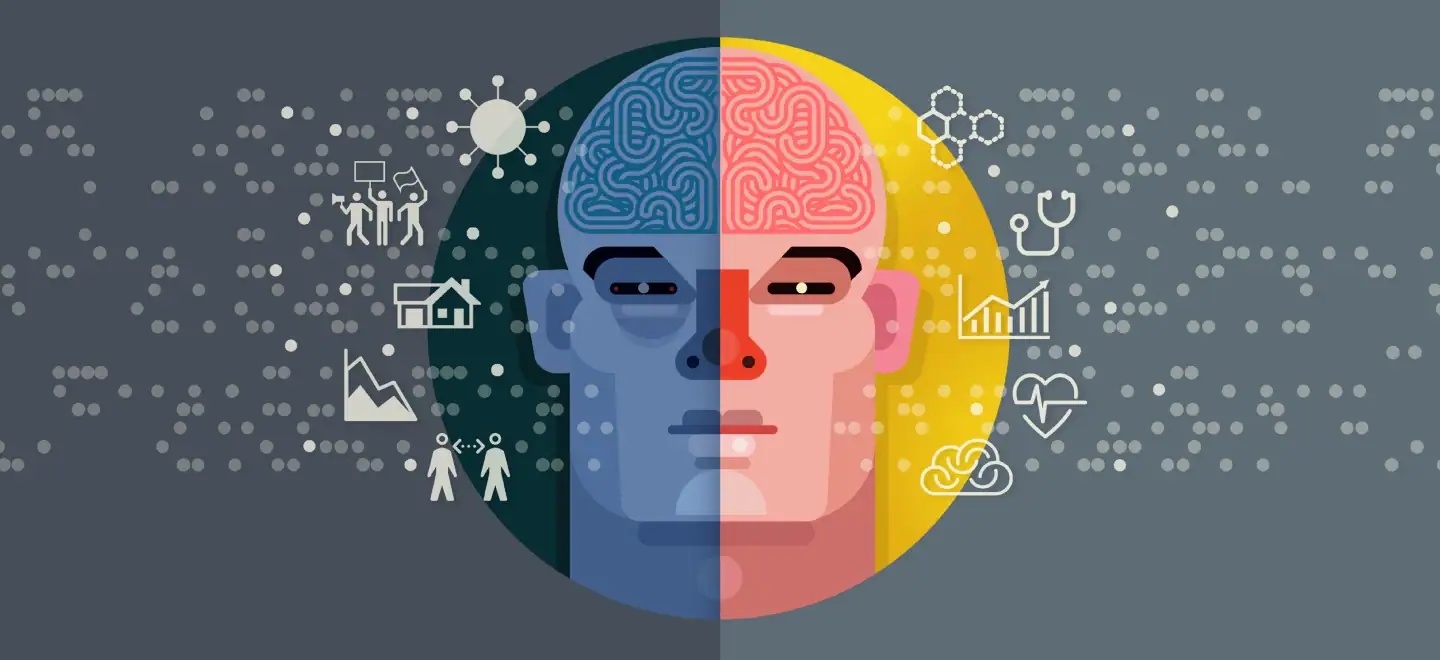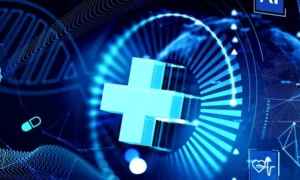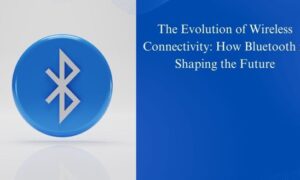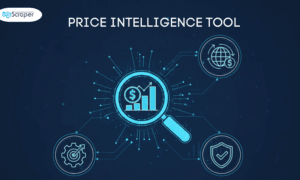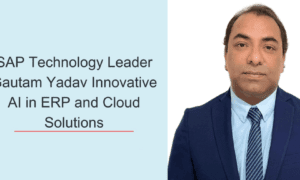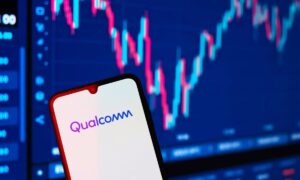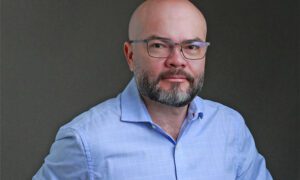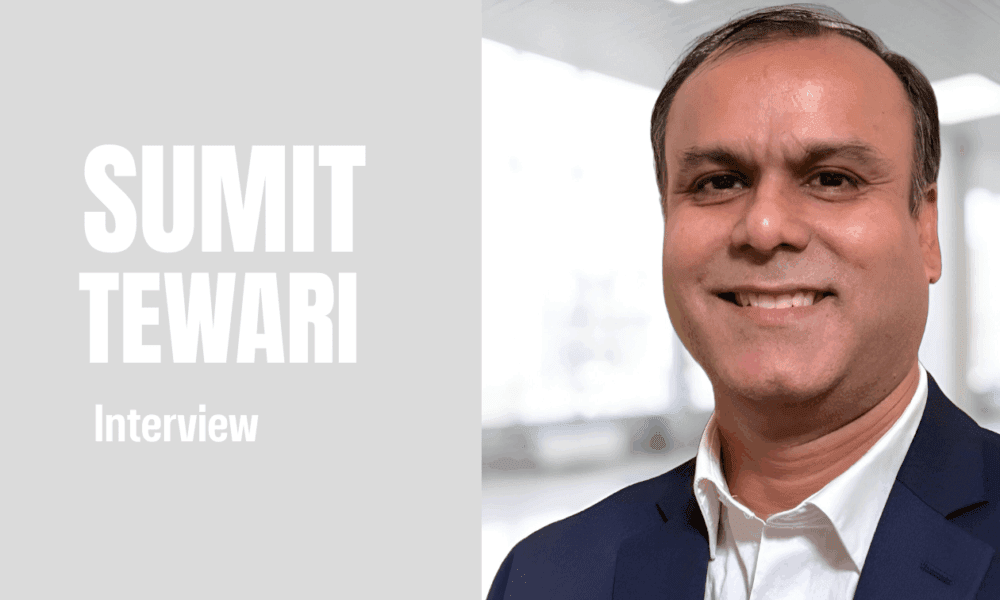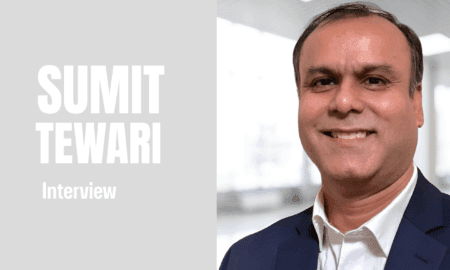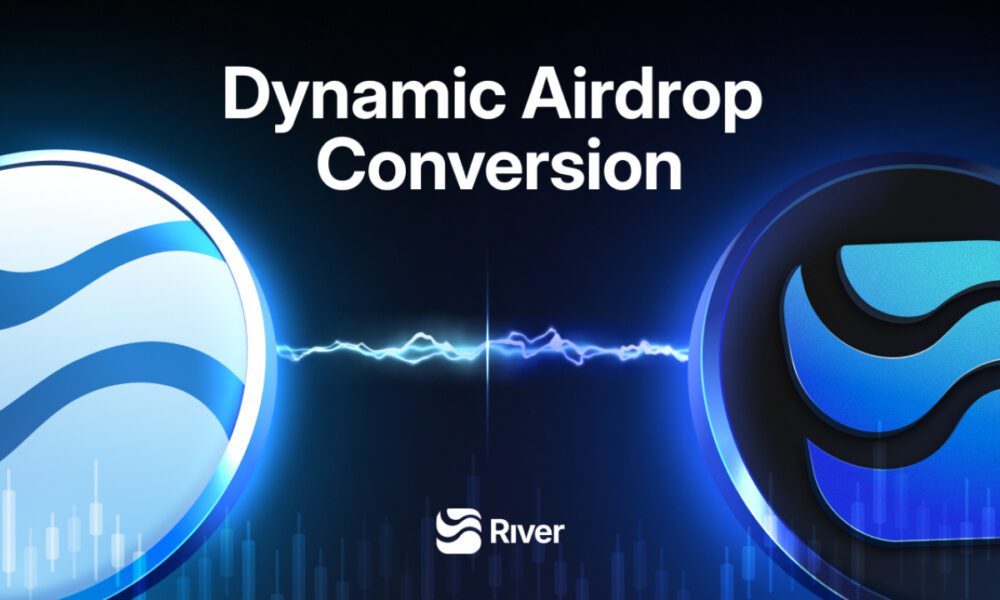The future of mental health isn’t in waiting rooms. It’s not in long intake forms or therapy sessions that feel out of reach for so many. The future is in privacy—a space where people can express themselves without fear, judgment, or the pressure of revealing their identity.
Mental health struggles are rising at an unprecedented rate. According to the World Health Organization, more than 280 million people worldwide live with depression, and over 300 million face anxiety-related disorders. Yet, less than half of those who need help receive it. The reasons vary—financial barriers, stigma, lack of access—but one fundamental issue remains: not everyone needs therapy, but everyone needs to express how they feel.
Privacy has always played a crucial role in emotional well-being. People hesitate to open up, not because they don’t want to, but because the consequences of being vulnerable can feel too risky. What will people think? Will they misunderstand? Will it change how they see me? These questions keep millions silent, carrying emotional burdens alone.
Social media was meant to bridge emotional gaps, but it has done the opposite. Instead of fostering open conversations, it has become a place of performance—where people share curated versions of their lives while suppressing the realities of stress, anxiety, and loneliness. In a world where everything is documented, people need a space where they can be real, without attaching their name to it.
Toheal was built for that exact reason. A platform that removes identity from the equation, allowing people to express their emotions freely without the constraints of social expectations. No profiles. No curated personas. Just raw, honest expression. Whether someone is posting a fleeting thought, a deep struggle, or a moment of relief, the act of putting emotions into words has been shown to reduce stress, improve mental clarity, and provide a sense of relief (American Psychological Association).
Anonymity in emotional support is not just an option—it’s a necessity. Studies on peer-to-peer support models have found that people are more likely to open up about personal struggles when they feel they won’t be judged (National Library of Medicine). Strangers, surprisingly, often provide the most honest, unfiltered advice because they have no personal stake in the conversation. They listen without bias, respond without obligation, and offer perspectives that feel less pressuring than those from close friends or family.
The shift toward private, unfiltered emotional spaces is already happening. More people are seeking anonymous platforms where they can be heard without being seen. Toheal app is at the forefront of this movement, growing rapidly as more users discover the freedom of expressing emotions without consequence. With availability in 108 languages, the platform is breaking down barriers and allowing people from all backgrounds to connect through shared experiences—proving that vulnerability doesn’t require identity, only honesty.
Technology is shaping the future of mental health, but not in the way many predicted. While AI and digital therapy tools have their place, the most fundamental need remains the same—human connection, built on trust and understanding. But trust doesn’t always mean visibility. It means safety. The ability to speak freely, to let go of emotions without fear, and to find support on one’s own terms.
Toheal app continues to develop new features that align with this vision. The goal is not just to provide a space for emotional release but to redefine how people experience support. Traditional mental health models assume that healing happens in structured sessions, but healing also happens in everyday moments—in a shared experience, in a simple acknowledgment, in the relief of putting something into words and walking away.
The future of mental health isn’t in forcing people into predefined systems. It’s in giving them control. The power to express without exposure, to connect without obligation, and to heal on their own terms. Privacy isn’t just a feature—it’s the foundation of emotional freedom.

